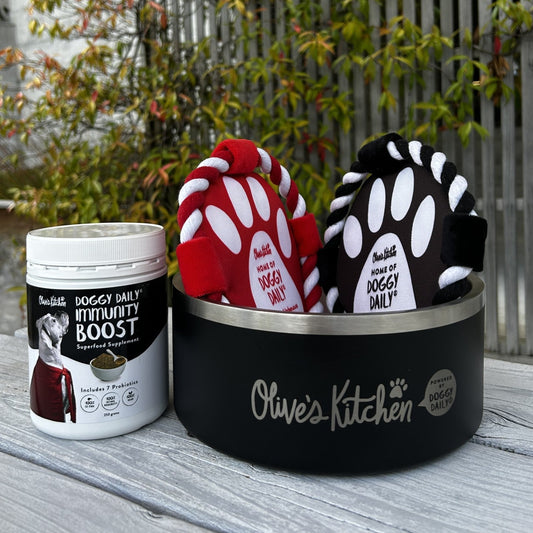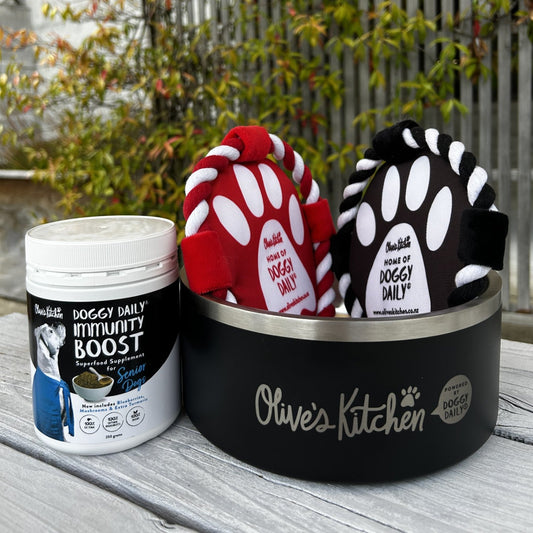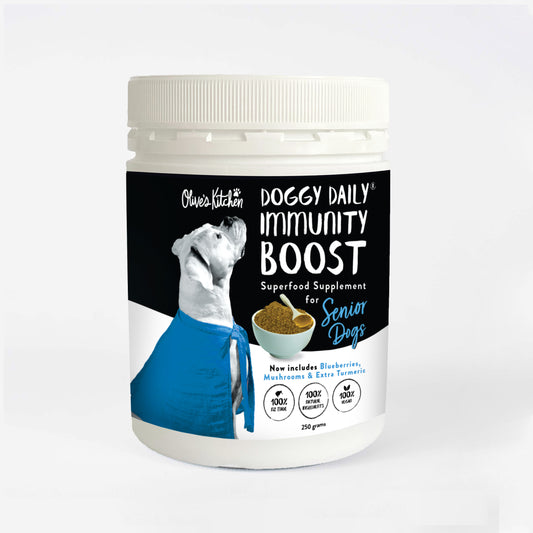With the help of research, we are continuing to gain a much better understanding of the vital role that gut health plays in the overall health and wellbeing of both humans and animals.
For this blog post, however, I would like to zero in on one particular gut health issue that seems to be capturing quite a lot of attention, and that’s the condition known as leaky gut syndrome.
So what’s leaky gut syndrome?
To keep things reasonably simple, it’s where a breakdown in the gut cell linings allows toxins, yeast and bacteria to pass from inside the gastrointestinal tract through into the bloodstream. Once in circulation, those toxins and bacteria can trigger inflammation, vomiting, and diarrhoea.
The presence of toxins and bad bacteria in your pet’s system can also severely impact the skin and coat of your pet. Frequent yeast infections, particularly around the ears, coat shedding, itching and licking of paws can also be another sign that all is not well inside.
Are some animals more prone to get than others?
Again, research in both pets and humans indicates that leaky gut syndrome is more likely to occur in obese people and pets.
If you have a pet that is carrying excess weight, one of the best things you can do to tip the scales back in the right direction is to reduce the carbohydrate load in your pet’s diet.
Why? Bacteria and fungal yeasts are turbo-powered by carbohydrates. In fact, a recent piece of research has uncovered a link between fungal invasions increasing the risk of pancreatic cancer.
In my mind, this research adds weight to the argument that controlling obesity, reducing processed food and adding phytonutrient-rich vegetables and superfoods to your pet’s diet could also help reduce the risk of cancer in your pet.
Dr Heidi





